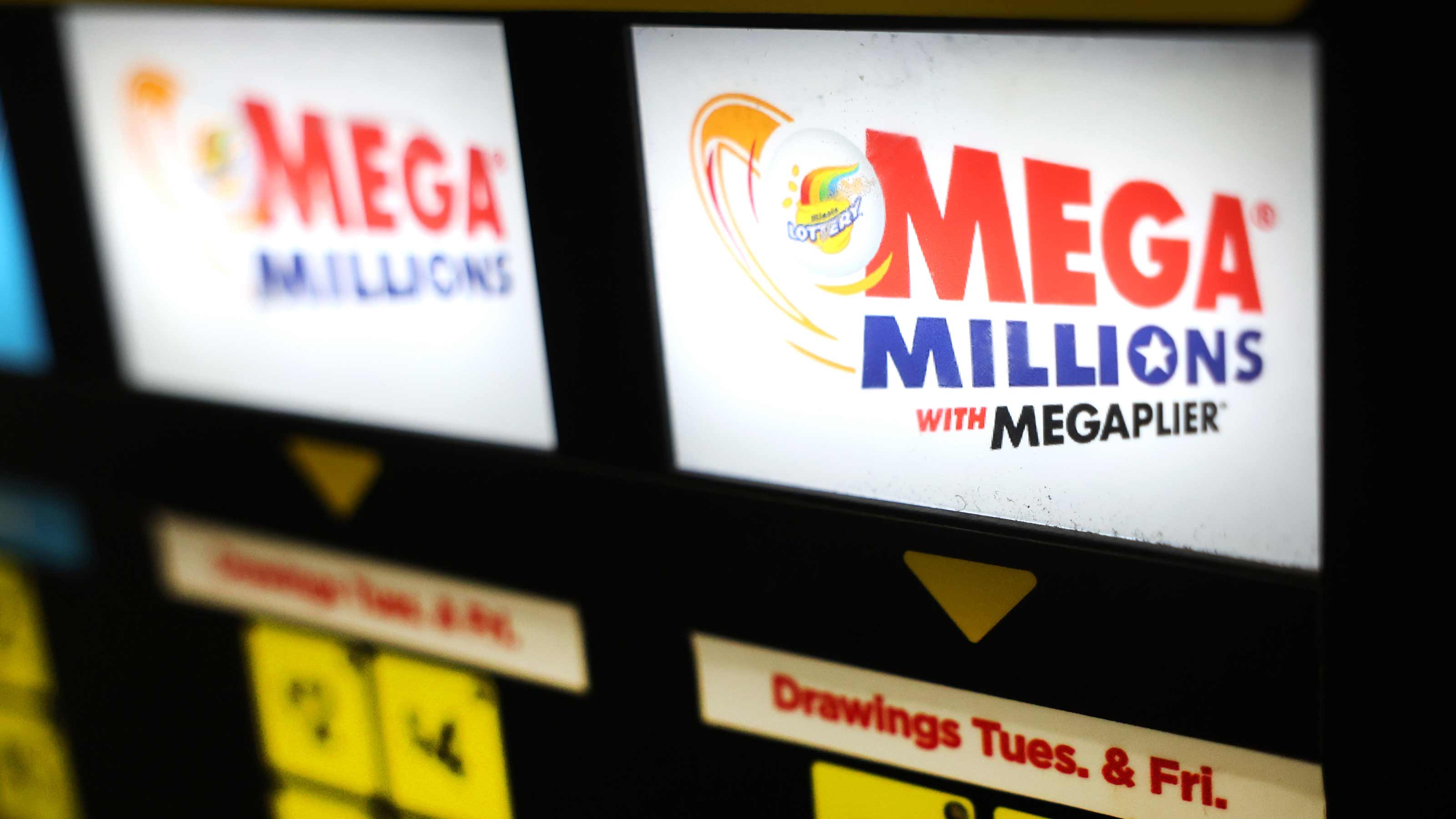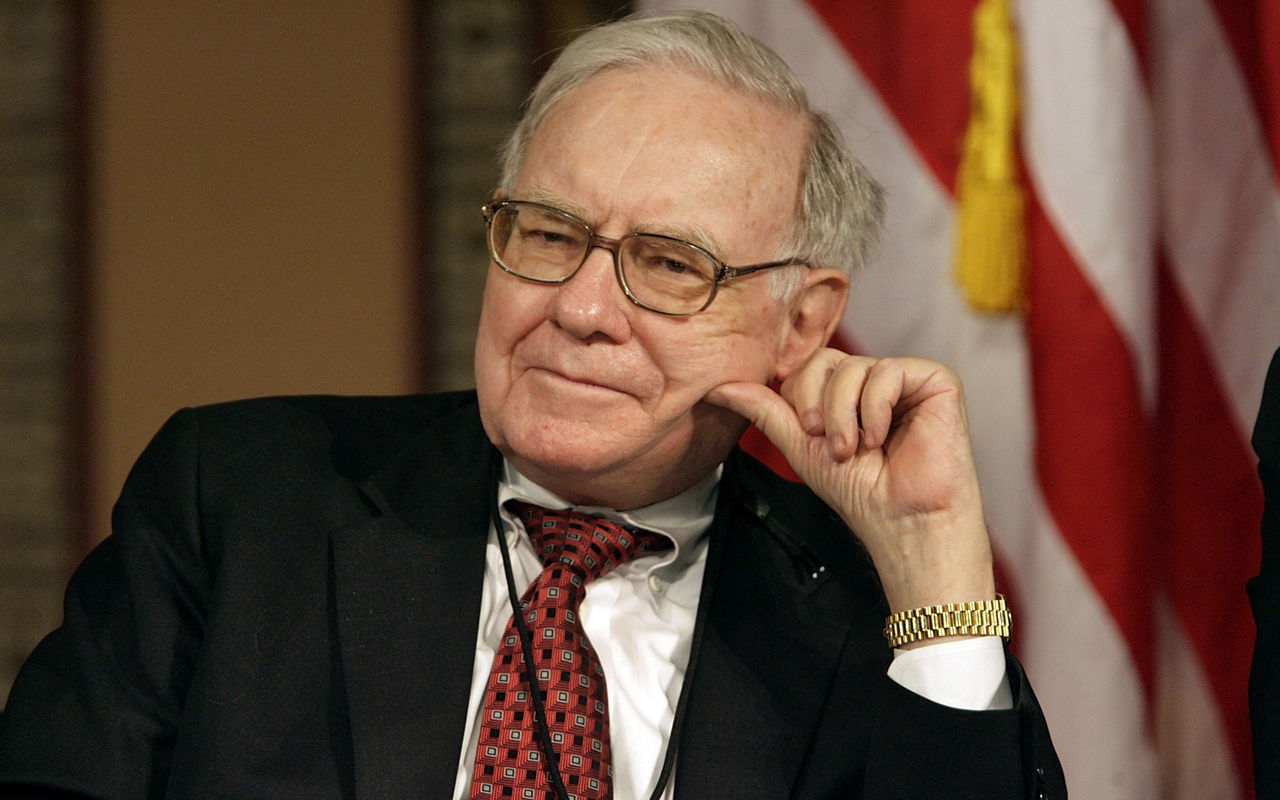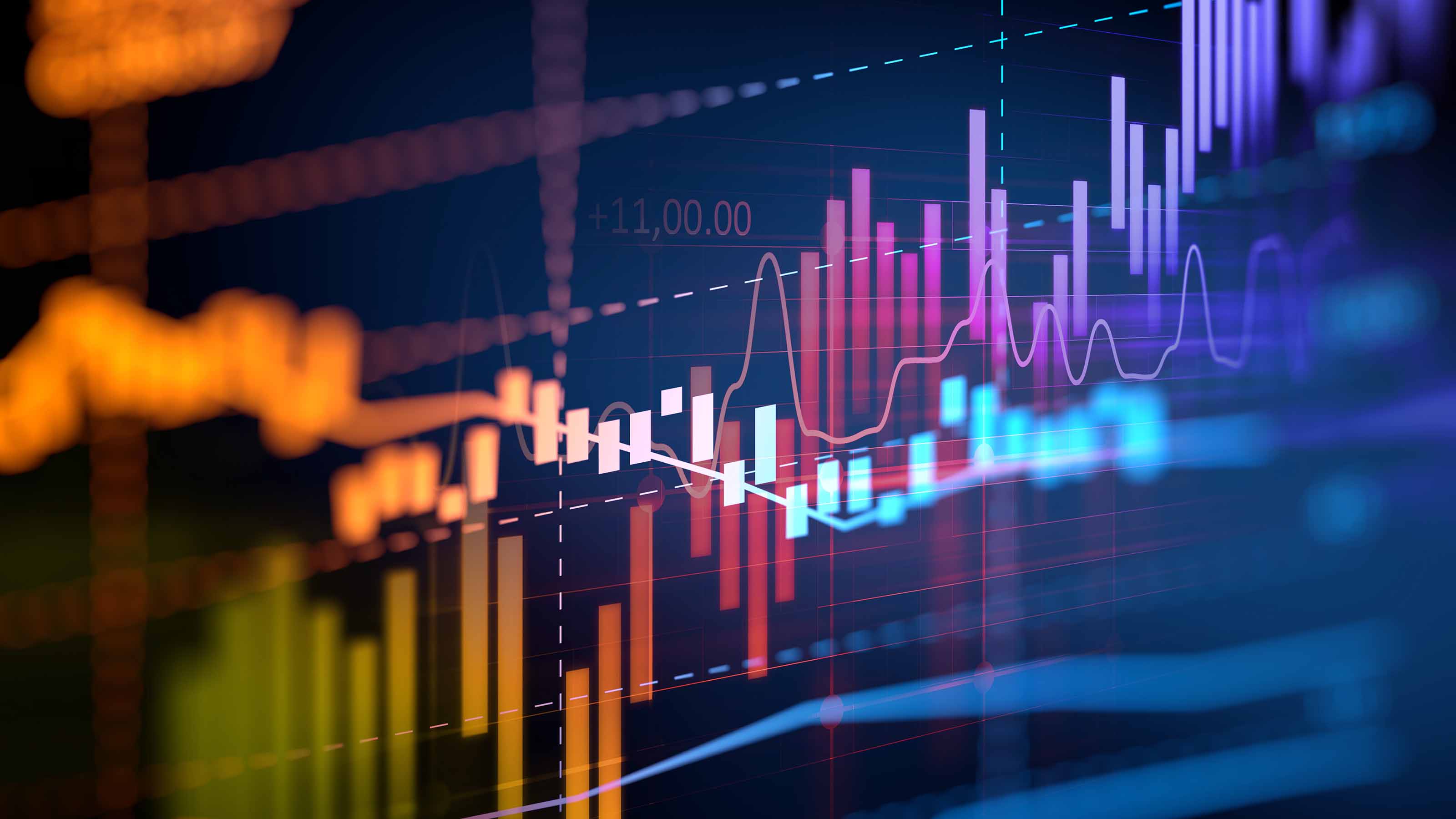Old Mutual Fund Stars Can Still Shine
Consider buying once-great funds if they can pass two important tests.

Profit and prosper with the best of Kiplinger's advice on investing, taxes, retirement, personal finance and much more. Delivered daily. Enter your email in the box and click Sign Me Up.
You are now subscribed
Your newsletter sign-up was successful
Want to add more newsletters?

Delivered daily
Kiplinger Today
Profit and prosper with the best of Kiplinger's advice on investing, taxes, retirement, personal finance and much more delivered daily. Smart money moves start here.

Sent five days a week
Kiplinger A Step Ahead
Get practical help to make better financial decisions in your everyday life, from spending to savings on top deals.

Delivered daily
Kiplinger Closing Bell
Get today's biggest financial and investing headlines delivered to your inbox every day the U.S. stock market is open.

Sent twice a week
Kiplinger Adviser Intel
Financial pros across the country share best practices and fresh tactics to preserve and grow your wealth.

Delivered weekly
Kiplinger Tax Tips
Trim your federal and state tax bills with practical tax-planning and tax-cutting strategies.

Sent twice a week
Kiplinger Retirement Tips
Your twice-a-week guide to planning and enjoying a financially secure and richly rewarding retirement

Sent bimonthly.
Kiplinger Adviser Angle
Insights for advisers, wealth managers and other financial professionals.

Sent twice a week
Kiplinger Investing Weekly
Your twice-a-week roundup of promising stocks, funds, companies and industries you should consider, ones you should avoid, and why.

Sent weekly for six weeks
Kiplinger Invest for Retirement
Your step-by-step six-part series on how to invest for retirement, from devising a successful strategy to exactly which investments to choose.
Deciding whether to buy or keep a fund that was once a top performer can be tricky. Besides all the normal factors to consider, you may have to sort through some emotional baggage. If the fund made you money in the past, you may be biased toward it even though it may be under new management and look much different than it once did.
In the best cases, star funds remain stars -- if not forever, at least for decades. Among funds in that small category are American Funds Growth Fund of America, Fidelity Contrafund, T. Rowe Price Equity Income and Vanguard Wellington. But many other onetime luminaries have sagged, lagged or gagged because their management or strategies changed.
Before I'll consider buying into a blast from the past, a fund must pass two tests. First, the current manager must hold a significant stake. If a manager doesn't have the conviction to invest at least $1 million in his fund, I'm not buying. You can find this data (within wide dollar ranges) in a fund's statement of additional information, which most fund companies include on their Web sites, or at Morningstar.com.
From just $107.88 $24.99 for Kiplinger Personal Finance
Become a smarter, better informed investor. Subscribe from just $107.88 $24.99, plus get up to 4 Special Issues

Sign up for Kiplinger’s Free Newsletters
Profit and prosper with the best of expert advice on investing, taxes, retirement, personal finance and more - straight to your e-mail.
Profit and prosper with the best of expert advice - straight to your e-mail.
Managers' reluctance to eat their own cooking disqualifies some high-profile funds. Neither of American Century Ultra's managers, Keith Lee and Michael Li, has more than $50,000 in the fund, so it's out. Harry Lange has only between $500,000 and $1 million in Fidelity Magellan five years after taking the helm, so Magellan's out, too. Ditto for John Roth at Fidelity New Millennium and James Mordy at Vanguard Windsor: Both have chalked up good numbers but haven't yet crossed the $1-million investment threshold.
The second test is that current managers must have outperformed their benchmark -- not necessarily by a huge amount -- since taking over the fund. Being promoted to run a big, prominent fund is a challenge, and I want to know that the manager can succeed in making the jump from managing, say, $1 billion to running $10 billion. Ultra and Magellan fail this test, too.
Janus Overseas (symbol JAOSX) passes both tests. I know, I know. The very name Janus makes some people recoil because of past indiscretions and disastrous performance at some of its funds after the collapse of the technology bubble in the early 2000s. But the folks responsible for Janus's involvement in the rapid-trading scandal are gone, as are most of those who stank in the 2000-02 bear market. Brent Lynn, the current manager of Janus Overseas, came to the fund at the beginning of 2001, roughly in the middle of the bear market. However, he didn't become lead manager until Helen Young Hayes left in 2003. Whether you start the tape at 2001 or 2003, Lynn has produced great returns, although the fund did get clobbered in 2008.
Lynn has continued the fund's aggressive-growth strategy, with heavy investments in India and other emerging markets. If the fund were run by Lynn and named Lynn Overseas, you'd probably be intrigued, so don't let the Janus name scare you away.
Fidelity Dividend Growth (FDGFX) is another former winner that deserves a close look. Larry Rakers has just two years at its helm, but he performed brilliantly at Fidelity Balanced, which held about the same amount in stocks as Dividend Growth's total assets. So there's little question that Rakers can handle the added girth.
The fund languished under the previous manager, Charles Mangum, who favored stocks of huge companies. Rakers, by contrast, invests in companies of all sizes. In 2009, his first full year as manager of Dividend Growth, the fund sizzled, gaining 51%. Despite this and Rakers's fine long-term record, investors are not rushing to pour money into Dividend Growth. That's one perk of buying once-great funds that are scrubbed off investors' lists. They're unlikely to drown in a flood of new cash anytime soon.
Columnist Russel Kinnel is director of mutual fund research for Morningstar and editor of its monthly FundInvestor newsletter.
Profit and prosper with the best of Kiplinger's advice on investing, taxes, retirement, personal finance and much more. Delivered daily. Enter your email in the box and click Sign Me Up.

-
 How Much It Costs to Host a Super Bowl Party in 2026
How Much It Costs to Host a Super Bowl Party in 2026Hosting a Super Bowl party in 2026 could cost you. Here's a breakdown of food, drink and entertainment costs — plus ways to save.
-
 3 Reasons to Use a 5-Year CD As You Approach Retirement
3 Reasons to Use a 5-Year CD As You Approach RetirementA five-year CD can help you reach other milestones as you approach retirement.
-
 Your Adult Kids Are Doing Fine. Is It Time To Spend Some of Their Inheritance?
Your Adult Kids Are Doing Fine. Is It Time To Spend Some of Their Inheritance?If your kids are successful, do they need an inheritance? Ask yourself these four questions before passing down another dollar.
-
 How I'm Going to Invest My Mega Millions Lottery Jackpot
How I'm Going to Invest My Mega Millions Lottery JackpotThe odds of winning the Mega Millions lottery are effectively zero, but here's how I'm investing my fortune should I hit the jackpot.
-
 Four Random Facts and Thoughts About Warren Buffett
Four Random Facts and Thoughts About Warren BuffettIf I love Warren Buffett so much why don't I just marry him?
-
 Investing in Gold Is Dumb
Investing in Gold Is DumbStocks are better than gold for both generating wealth and offering protection against inflation.
-
 What's So Scary About a Mega-Cap Tech Bull Market?
What's So Scary About a Mega-Cap Tech Bull Market?Bears say the market can't keep rallying when only five mega-cap tech stocks are driving returns, but history suggests otherwise.
-
 We Are Not in a Bull Market
We Are Not in a Bull MarketIt takes more than a 20% gain off the low to proclaim the beginning of a new bull market.
-
 Why I Don't Buy Stocks
Why I Don't Buy StocksIt's nearly impossible to beat the market – but it is cheap and easy to match it.
-
 Amy Domini on the Secrets of Sustainable Investing
Amy Domini on the Secrets of Sustainable InvestingESG An ESG pioneer says finding good corporate citizens is the best way to make money.
-
 Bitcoin Halving: What Does It Mean for Investors?
Bitcoin Halving: What Does It Mean for Investors?Technology 'Mining' for this cryptocurrency just became a lot more expensive